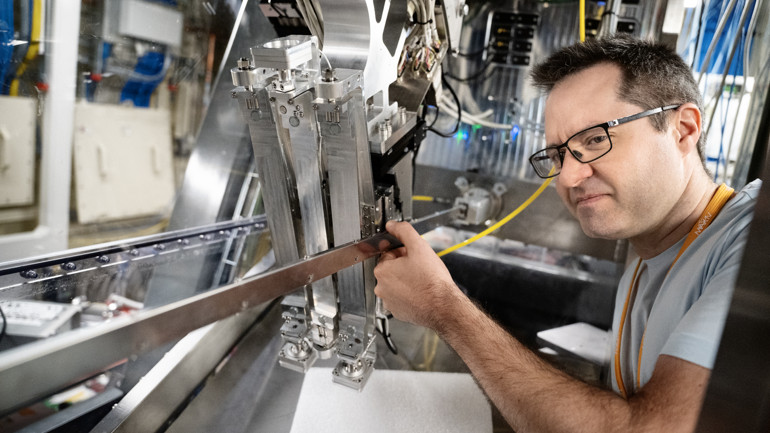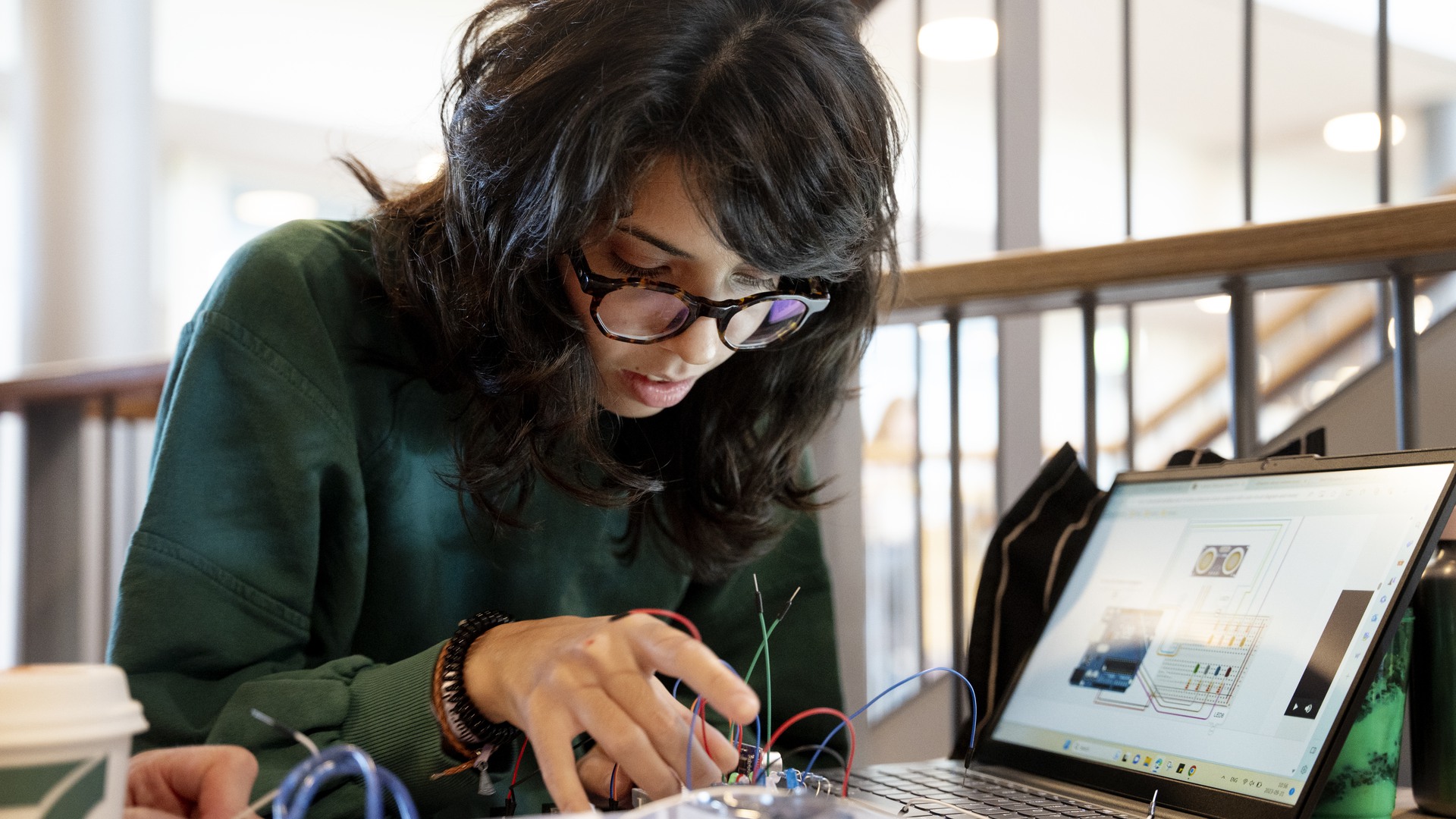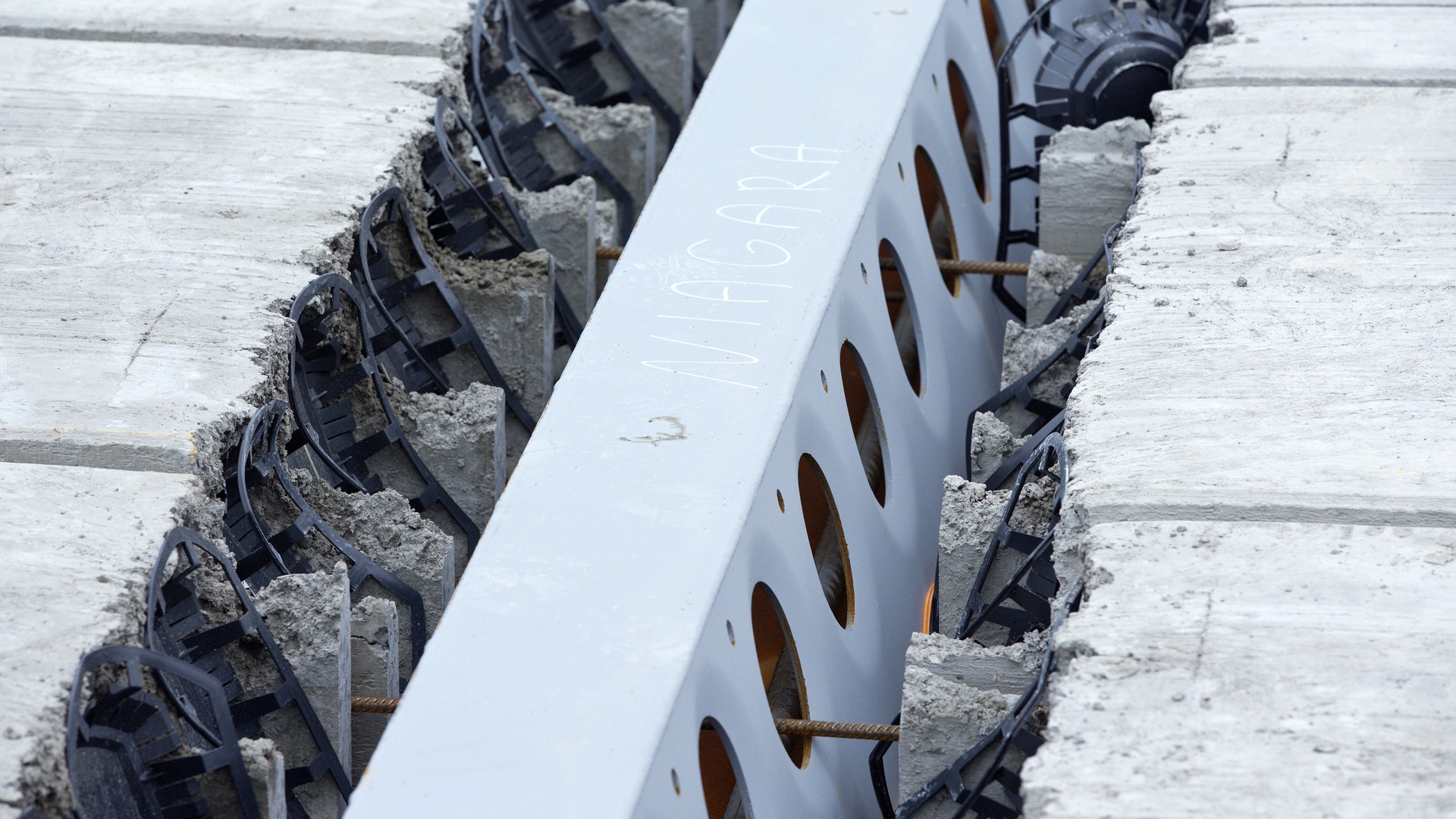Autumn 2026 - Semester 1
- Scientific Programming (MA620E), 7.5 credits
- Materials Engineering (MT640E), 7.5 credits
- Differential Calculus in Several Dimensions (MA621E), 7.5 credits
- Phase Transformations (MT641E), 7.5 credits
Spring 2027 - Semester 2
- Introduction to Numerical Analysis (MA623E), 7.5 credits
- Quantum Mechanics: Introductory course (FY242E), 7.5 credits
- Synchrotron- and Neutron Based Experimental Methods and Applications (MT644E), 7.5 credits
- Continuum Mechanics (MT643E), 7.5 credits
Autumn 2027 - Semester 3
- Finite Element Method and Constitutive Modelling (MT649E), 15 credits
- Density Functional Theory (MT645E), 7.5 credits
- Classical Molecular Dynamics Modelling (MT647E), 7.5 credits





